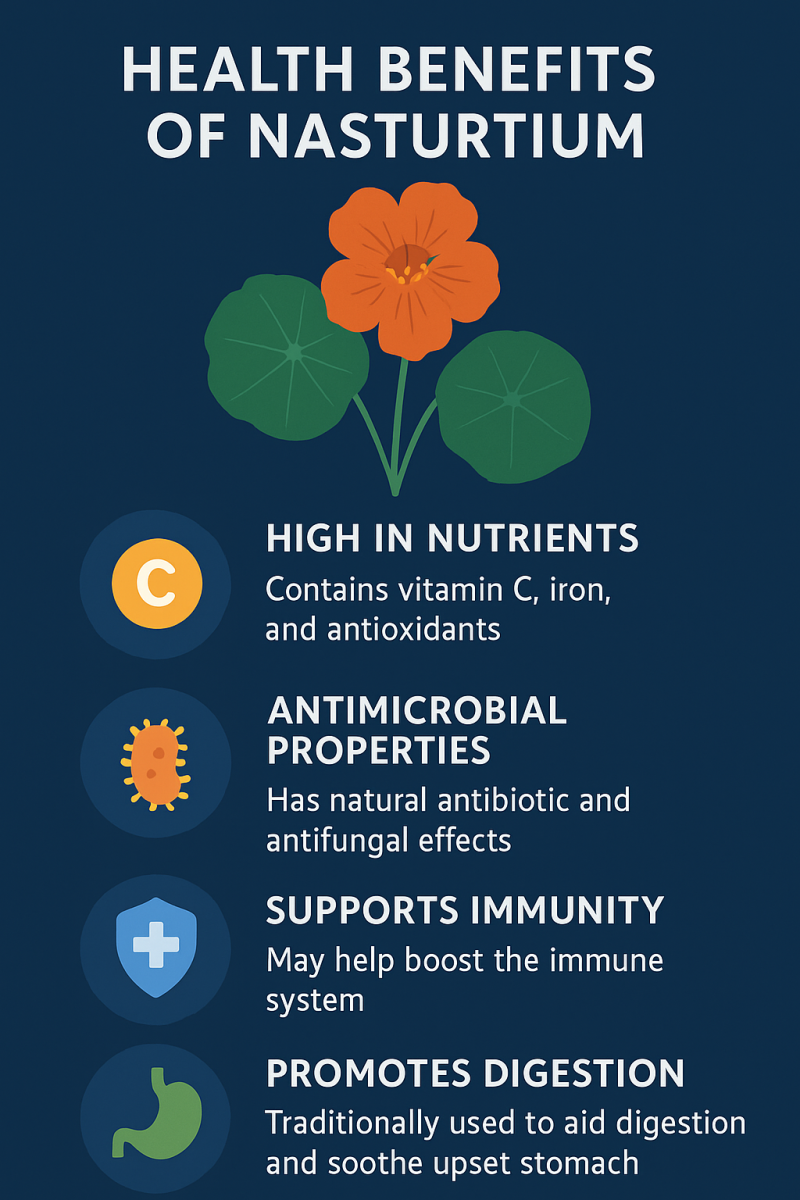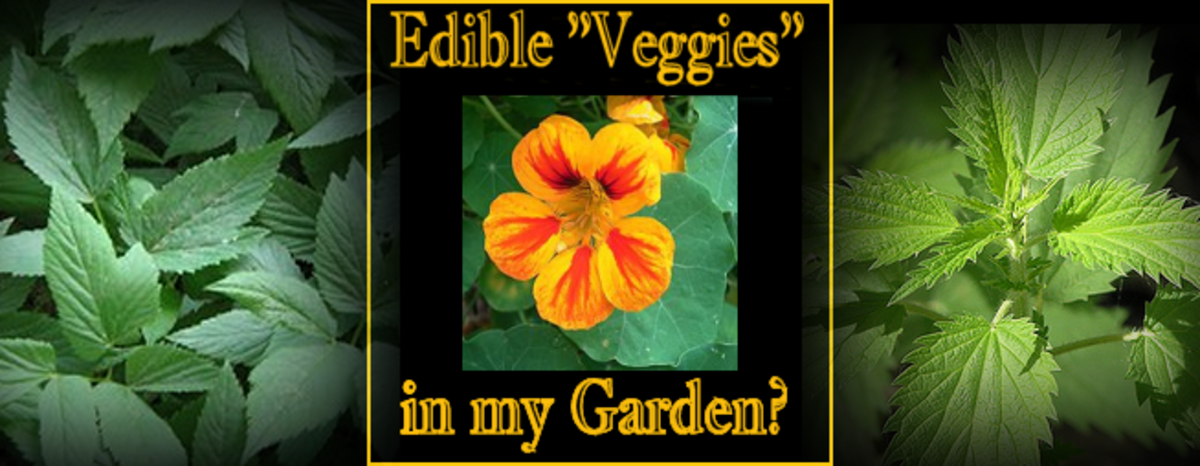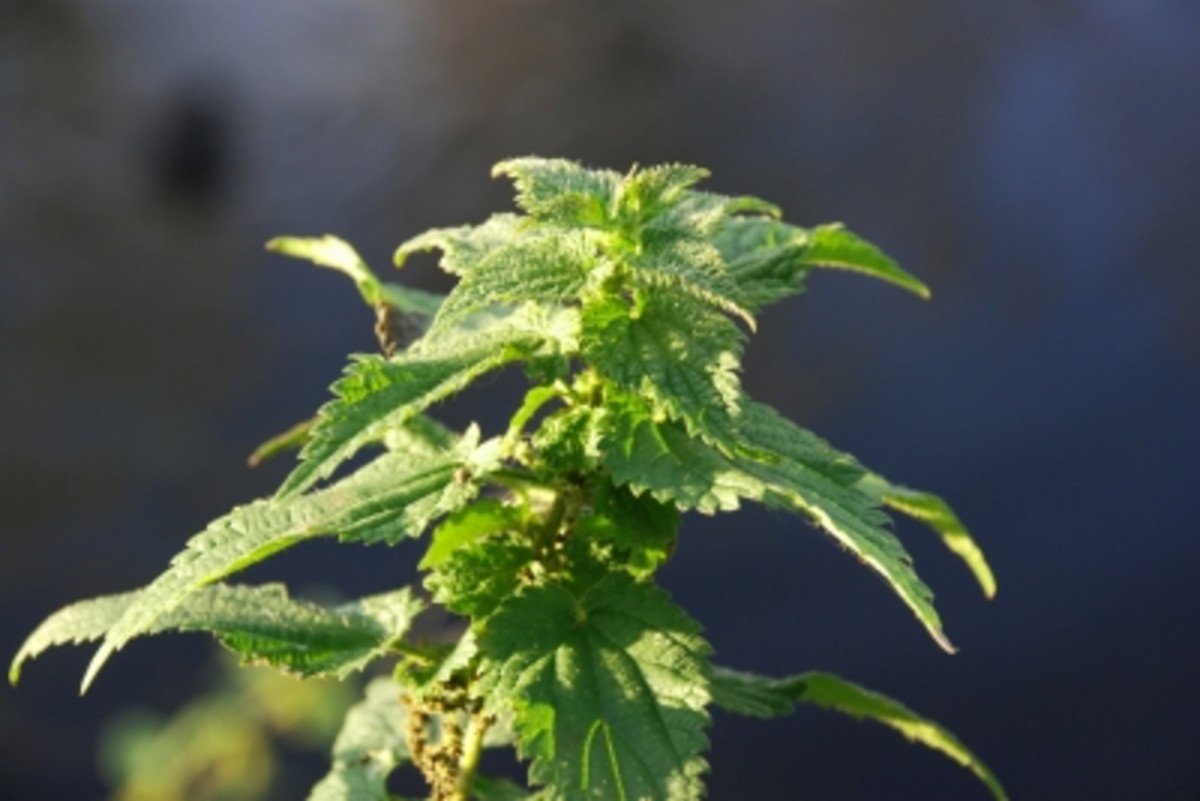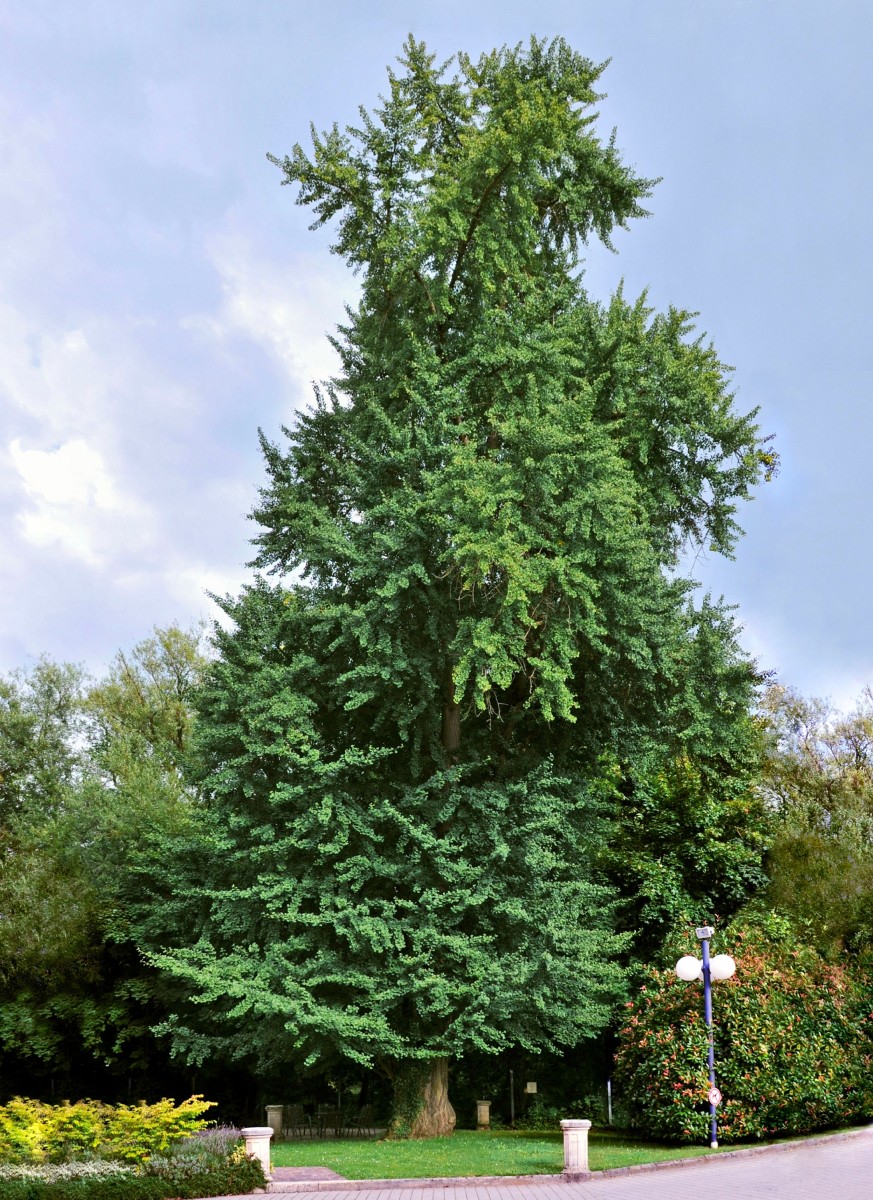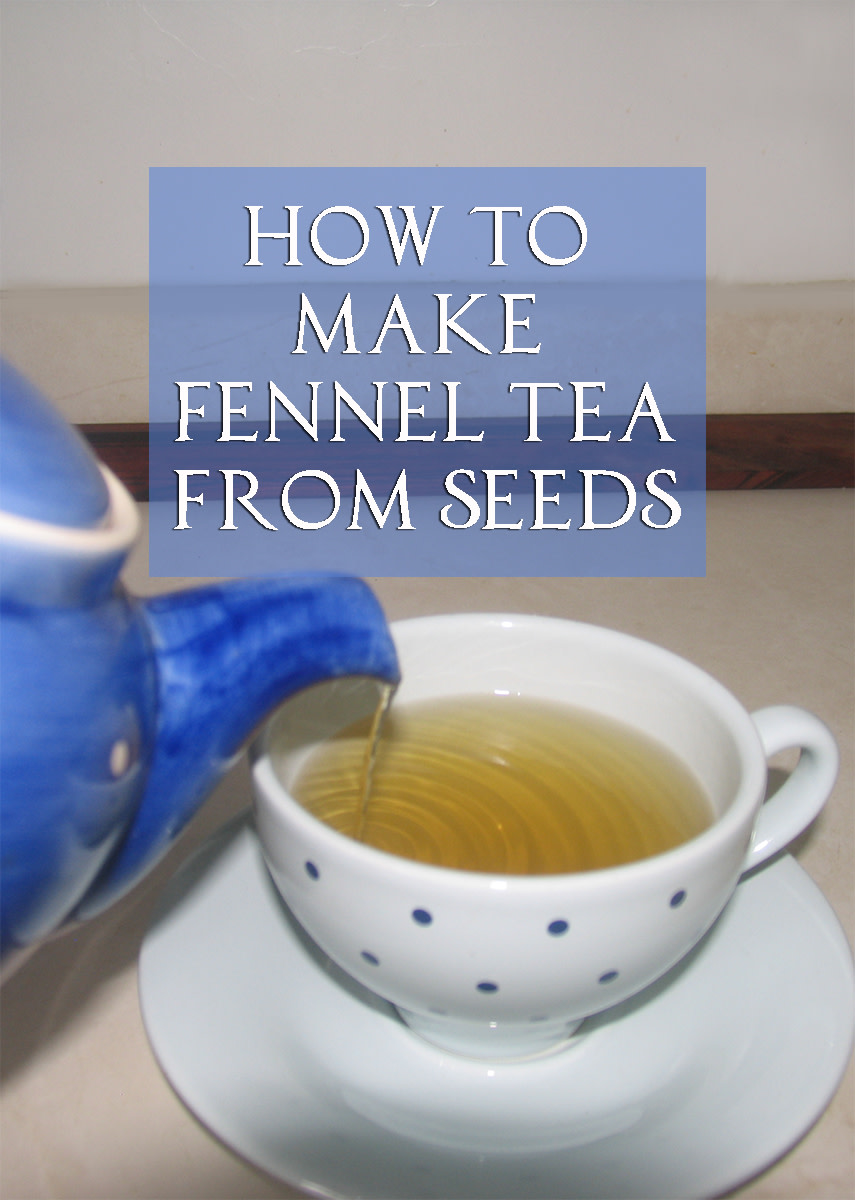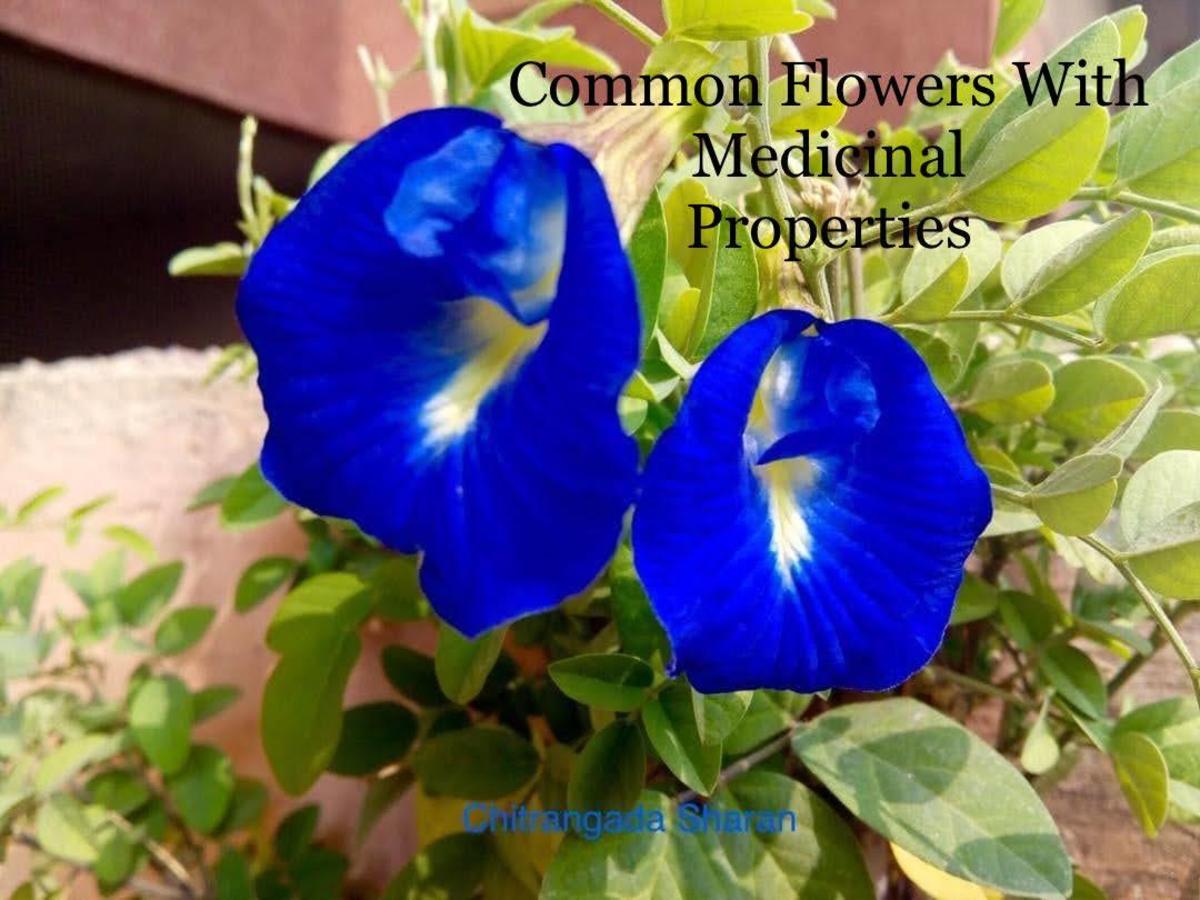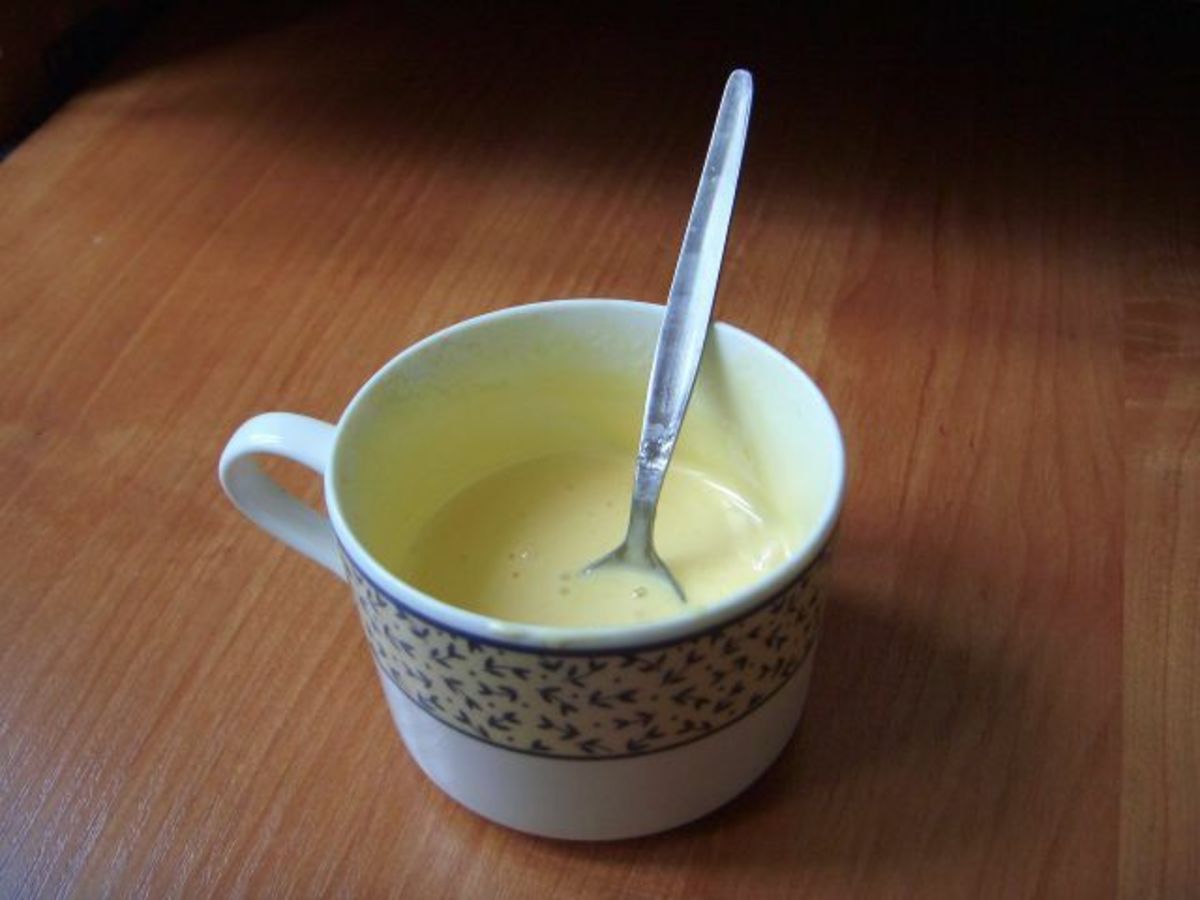The Stinging Nettle - Nettle Tea Benefits and Other Uses!
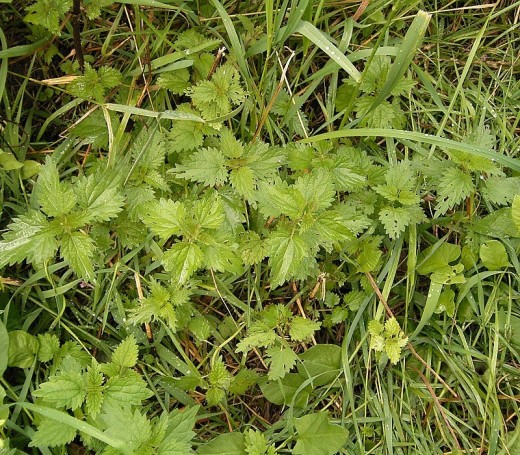
The Stinging Nettle - Urtica Dioica
The stinging or common nettle grows abundantly in wastelands, woods, hedgerows, banks and gardens, and is native to Europe, North America, Africa and Asia. Although considered a weed by many, the nettle has many health benefits if taken as a tea, eaten (either cooked or raw) or as a lotion applied to sore joints or to the scalp. The nettle has had many uses throughout history, not only for it's health benefits, but also for the fibres in the stalks. In Neolithic times nettles were used to make string, and the Germans made their uniforms for the first world war out of nettle fibres!
Health Benefits
The nettle is highly nutritious, containing a high concentration of vitamins, including vitamin C and B2, minerals, and chlorophyll. Chlorophyll helps to build and replenish our red blood cells, boosting energy and improving well being almost instantly, and can be used to treat anemia. The nettle also helps boost the immune system, and it contains anti-inflammatories and natural pain relief, being of huge benefit to people suffering from rheumatic disorders and arthritis.
The yellow root of the nettle has been found to help treat an enlarged prostate, a condition that affects many men in midlife. After taking nettle root extract for a few months, both urine flow and frequency were shown to improve.
Nettles can be made into a lotion or rinse to use on the scalp, this helps with dandruff, improves growth and gives hair a healthy and glossy shine.
The nettle has also been found to lower blood pressure, lower blood sugar, and is a powerful diuretic. As with all herbal remedies, if you are currently on any medication then you should check with your pharmacist or doctor before taking nettle, particularly if you are already taking a diuretic or blood pressure medication, or if you are diabetic.
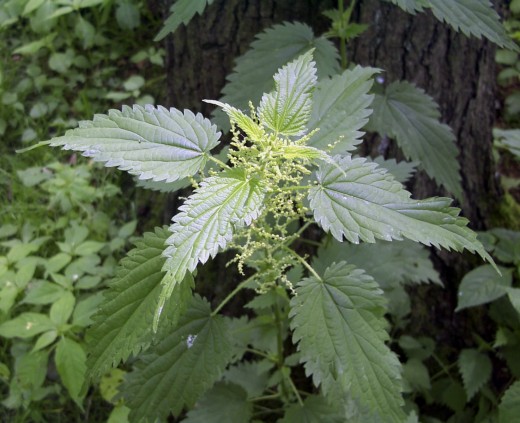
Nettle Tea
50g fresh young nettle tops
500ml boiled water
Steep the nettles in the boiled water, cover and leave for 10 minutes. Strain and serve. This will make 3 cups that can be drunk through the day to ease the pain of arthritis.
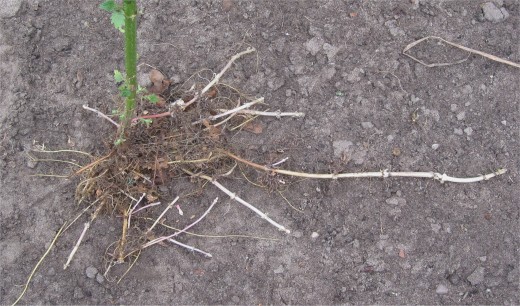
Harvesting Nettle Leaves and Roots
Nettles shoud be harvested from young plants in spring before they flower. Be sure to wear gloves to prevent getting stung, and cut the top 15cm from the plants. The tops will quickly regrow and can be harvested again throughout the season. The leaves can be dried to store for a year. The roots should be harvested in the autumn.
Alternitively, root extract and dried leaves can be bought from phamacies and health food shops.
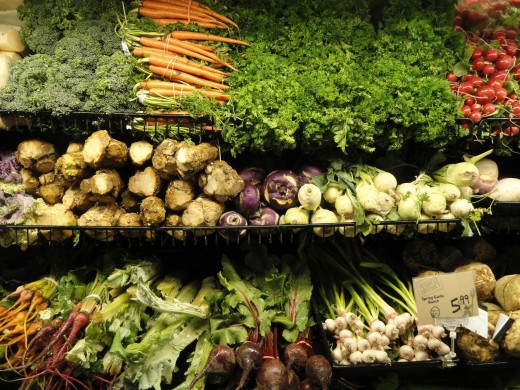
Nettle Soup
450g fresh nettle tops
25g butter
1 medium onion
2 garlic cloves
400g potatoes peeled and chopped
150ml double cream
1 litre vegetable stock
grated nutmeg to taste
salt and pepper to taste
- Melt the butter and gently fry the onion and garlic in a large pan for 10 minutes. Add the nettles and potatoes and fry for a further 2 minutes.
- Add the stock, bring to the boil, cover and turn the heat down to simmer for around 15 minutes.
- Puree the mixture with a handheld blender, then stir in the cream.
- Season with the nutmeg, salt and pepper. Serve immediately

Hair Tonic
1 large bunch of nettle leaves, fresh or dried
500ml water
500ml white wine vinegar
1 tbsp lavender (or 10 drops essential oil)
The lavender can be replaced with any aromatic herb of your choosing!
- Put the nettles, water and vinegar in a large pan, cover and simmer over a gentle heat for 2 hours.
- Stir in the lavender (or herbs of your choosing) and allow to cool.
- Strain through a sieve lined with fine weaved muslin, and filter into bottles.
This will keep for 1 month, use as a final, leave in hair rinse after shampooing, or apply to the scalp every other night to strengthen your hair.
A natural remedy for insomnia here!
- A Natural Remedy for Insomnia - Hops, Lavender and C...
Insomnia effects one third of people in Britain alone. There are many natural products and plants that have sedative and calming effects, that can help you to get a good nights sleep without the need for prescription drugs. These natural remedies use
Read about the qualities of sage here...
- Herbal Remedies - The Qualities of Sage
Sage is an aromatic herb that has been used in food and as a remedy for centuries. It has powerful healing properties that can help with problems from colds and flu, to hot flushes in menopause, and even skin conditions.

